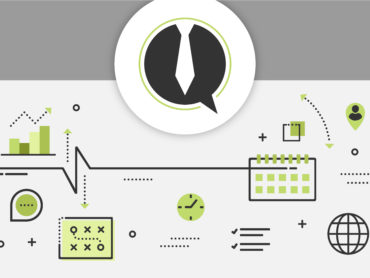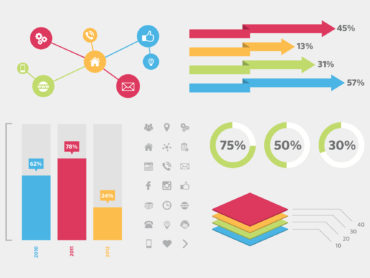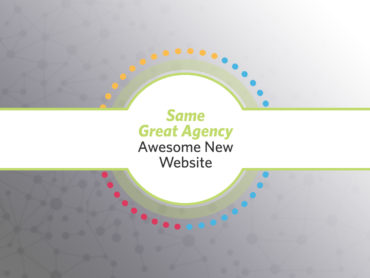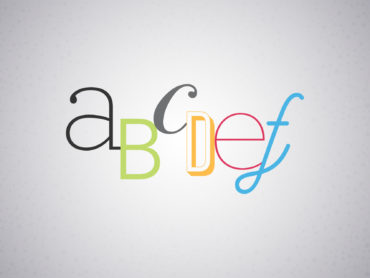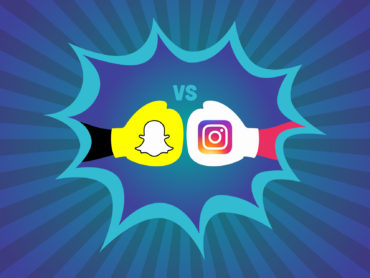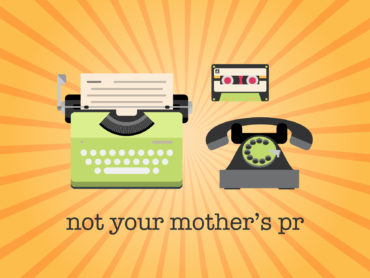Facebook F8 Conference Recap
Earlier this week Facebook held its annual developer conference, F8. The event was an opportunity for the company to share its roadmap with its partners, and this year Facebook Chief Executive Mark Zuckerberg outlined a 15-year vision.
This is a critical moment for Facebook. While it remains the most popular social network, with 72% of online adults using the service, data from Pew Research show that the site’s growth has flattened. Projected growth for 2016 is expected from those over 65, but with a shrinking share of the 18-34 demographic coveted by advertisers.
According to the tech news site, The Information, Facebook’s users are not sharing as much personal data as they used to. Today the number of shared posts has declined 5.5% from mid 2015. More significantly, perhaps, the sharing of more engaging personal or “original broadcast sharing” content is down 21% year over year.
The focus of most Facebook sharing has shifted to news-and-story curating from other websites. Personal sharing has moved to Facebook-owned Instagram, as well as competitors like Snapchat and Vine.
As the bulk of Facebook’s revenue comes from advertising that appears in its users’ news feeds, this shift has implications for the company’s business model. So it doesn’t come as a surprise the majority of the company’s F8 announcements attempt to address these challenges.
Recognizing that most shared content is now syndicated news, Facebook has made it easier for publishers to share monetized posts, opening its Instant Article platform to developers.
And, perhaps to slow or stop the exodus to more dynamic social channels, Facebook will enable automatic video tagging to identify its users’ friends in shared video content. It has also opened its profile videos to third-party tools like Vine or Apple’s Live Photos. And the company showcased the open-sourced Surround VR Camera 360, developed by Oculus VR, the virtual reality startup it purchased in 2014 for $2 billion.
The social channel has also shifted focus from the news feed into messaging. Between Facebook Messenger and WhatsApp, Facebook delivers three times as many messages as SMS daily (60 billion). It’s likely that Facebook sees messaging as its greatest short-term opportunity to offset a decline in news feed advertising.
The company revealed its vision for messenger chat bots and M, a virtual assistant in Messages designed to connect Facebook users with brands. As Zuckerberg explained, “We think you should be able to message a business like you would message a friend.”
Facebook envisions that users will ask Messenger to make a reservation or purchase a product. Relying on machine learning, the application would execute a series of automated processes, or bots, to facilitate the transaction.
So while it’s clear Facebook is facing significant challenges to its dominant position in the social landscape, it is also clear the company is planning on innovative services, so it remains a primary channel for businesses to connect with their customers on the web.
At R&J Strategic Communications, we are closely studying the evolution of Messenger as both a customer service and sales channel. As they arise, and where strategically aligned, we expect to leverage these opportunities for our clients.














